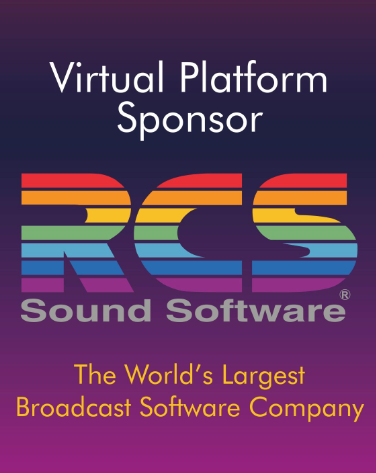Ken Benson, Partner, P1 Media Group, US started the session by saying there are 5 programming myths, but what is a myth? A myth is a widely held but false belief or idea. Myth 1: Getting listeners to listen longer increases time spent listening In fact, more occasions to listen = more time spent listening. An example is when getting more people to tune again could allow them to return for an hour rather than holding them for an extra 2 mins People’s lives doesn’t revolve around radio and so the key to increasing time is to get your listeners to tune in to your station more often rather than making them stay longer. 2. Program more, tune in than tune out: Create opportunities for people to tune in, as an example Howard Stern the controversial US presenter had massive ratings, even though many people dislike him. Those haters still tuned in to know about his show, he became no1 in New York and most markets in the US. Removing all the negative can actually be detrimental. Myth 3. Lifelong music taste is formed during teenage years: There is plenty of research that supports this idea. However, young people today are listening to music from before they are teenagers at much higher rates than previous generations did. Teens now listen to the 80s because of new influences however people of the 80s who listen to them because of nostaligia. An example of this is Kate Bush – Running up that Hill being used in Stranger Things was number 1 this year. “Programmers need to look beyond the basic tools to identify the music taste of the listeners and have the courage to rewrite the rules” 4. Less talk on a music station wins: It is generally believed that people are coming for the music but relevant content delivered by fun and engaging presenters still wins. 5. Radio wins in a subscription economy because it’s free: In fact, the single most effective way to grow your radio audience is by producing great content and your station needs to deliver subscription-worthy content. Offer something that is unique and can’t be replicated. Stay interesting and make listeners feel like they missed something if they don’t hear it. What’s your Stranger Things? What’s your squid game? Find your unique selling point.
Photo by Maxim Berg on Unsplash


